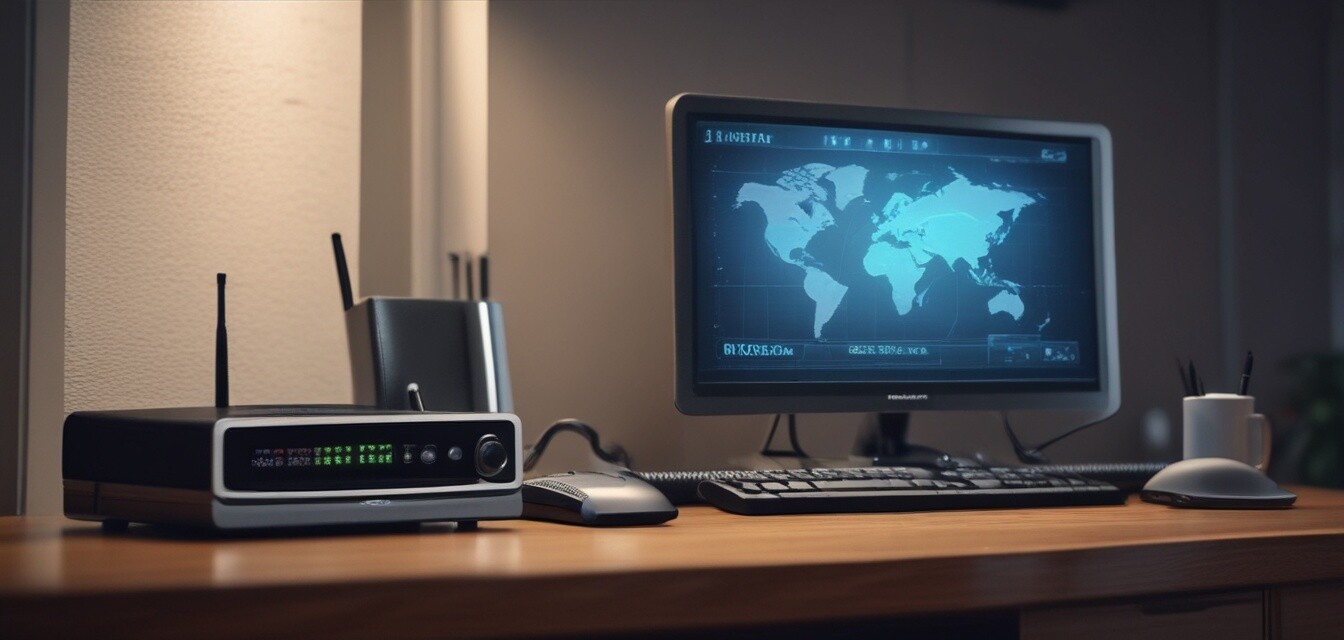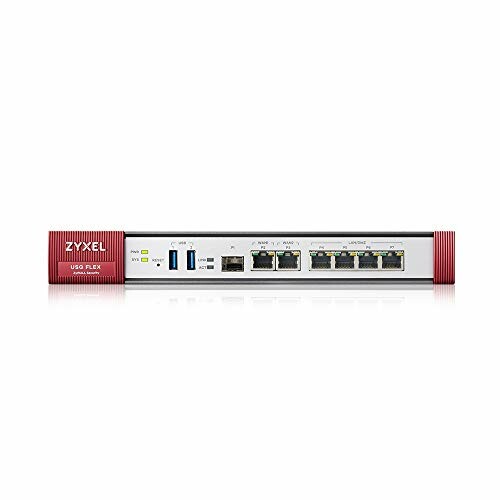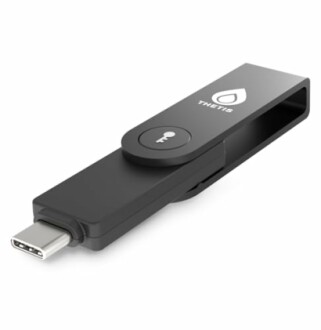
The Ultimate Guide to Network Security Devices
Key Takeaways
- Understanding network security devices is crucial for protecting your home network.
- Firewalls, antivirus solutions, and authentication devices play key roles in securing your data.
- Selecting the right combination of devices can enhance both safety and performance.
- Modern solutions offer user-friendly interfaces and scalable options for different environments.
- Make informed choices based on your specific security needs and budget.
In today’s digital world, protecting your home network is more important than ever. With online threats evolving constantly, having the right network security devices can safeguard your personal and sensitive information. This guide explores essential network security devices, highlighting their key features and benefits, so you can make informed decisions about securing your network.
What are Network Security Devices?
Network security devices are tools that help protect networks from various threats, including unauthorized access, malware, and data breaches. They work by monitoring and controlling the flow of traffic, ensuring that only legitimate users and data can access your network.
Types of Network Security Devices
- Firewalls: Monitor incoming and outgoing traffic and prevent unauthorized access.
- Intrusion Detection Systems (IDS): Detect potential security breaches and alert users.
- Antivirus Software: Protect systems from malware and malicious attacks.
- VPNs (Virtual Private Networks): Encrypt internet connection for added security.
- Authentication devices: Ensure that the right users have access to network resources.
Key Features of Effective Network Security Devices
When choosing network security devices, consider the following features:
- Ease of Use: User-friendly interfaces make installation and monitoring simpler.
- Scalability: Devices should be able to grow with your needs.
- Real-Time Monitoring: Ability to monitor threats as they happen.
- Comprehensive Reporting: Detailed reports help analyze the network's security status.
Zyxel ZyWALL Network Security/UTM Firewall Appliance
The Zyxel USG FLEX 200 offers a robust unified security solution designed for small to medium-sized businesses. With advanced threat detection and high-speed throughput, it ensures your network remains secure at all times.
Learn MoreBenefits of Using Network Security Devices
Implementing network security devices in your system provides several benefits:
- Enhanced Protection: Safeguards against viruses and hacking attempts.
- Improved Performance: Optimizes network speeds by filtering out malicious traffic.
- Data Privacy: Keeps your personal information secure from prying eyes.
Popular Network Security Devices
1. Zyxel USG FLEX 200
The Zyxel USG FLEX 200 is a top choice for a comprehensive network security solution. It combines a firewall with sophisticated threat management to protect your network.
2. Thetis Pro-C FIDO2 Security Key
Thetis Pro-C FIDO2 Security Key
The Thetis Pro-C is a lightweight security key that ensures secure, passwordless logins and enhanced multi-factor authentication for various online services.
Learn MoreSelecting the Right Security Devices for Your Needs
When choosing network security devices, consider factors such as:
- Budget: Assess your financial readiness to invest in security solutions.
- Requirements: Evaluate your specific security needs based on your network size and usage.
- Compatibility: Ensure devices integrate well with existing technology.
- Support and Updates: Look for devices that offer ongoing support and regular updates.
Conclusion
Network security devices are critical to protecting your home and personal data against growing cyber threats. By investing in effective solutions like firewalls, authentication devices, and antivirus software, you can create a secure environment for your digital activities. Choose wisely based on your needs, and remember to keep your systems updated for the best protection.
Tips for Enhancing Your Home Network Security
- Regularly update your security devices to patch vulnerabilities.
- Use complex passwords and consider a password manager for better security.
- Educate family members about security best practices and phishing threats.
- Conduct routine checks on your network settings and connected devices.


